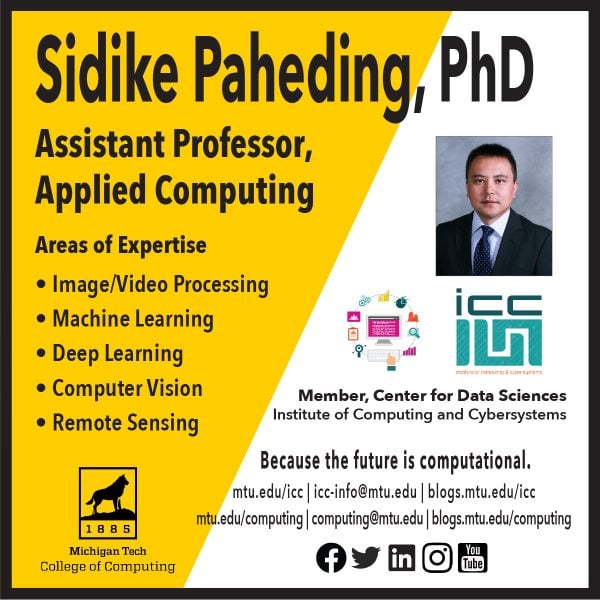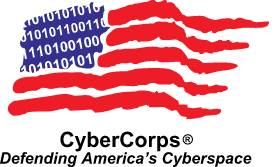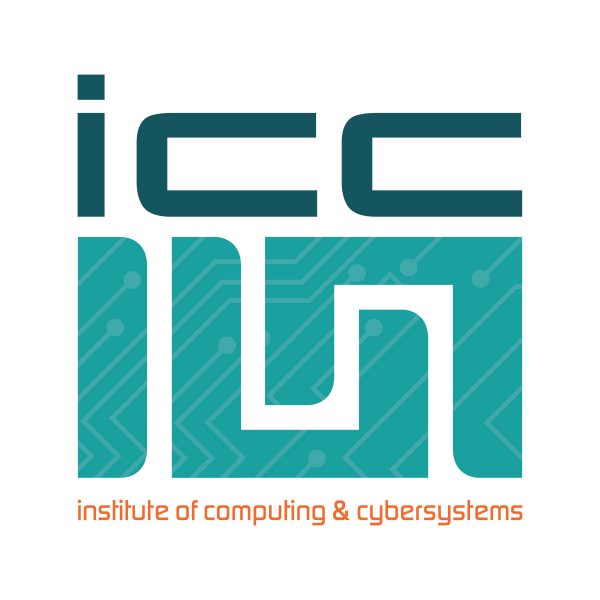The Michigan Translational Research and Commercialization (MTRAC) Advanced Computing Technologies Innovation Hub, hosted at Wayne State University, has opened a Request for Proposal period lasting until Aug. 31.
Commercialization-focused MTRAC grants provide funding to address the “valley of death” and guidance from an experienced oversight committee comprised of venture capitalists, seasoned entrepreneurs and industry experts. Eligible technologies include cognitive technologies, immersive technologies, cybersecurity, internet of things, industry x.o, blockchain and next-generation computing.
If you have questions about specific project eligibility or the proposal process, please reach out to Nate Yenor at nryenor@mtu.edu.
For additional information about the program, please visit Wayne State’s MTRAC Advanced Computing Technologies web page.




